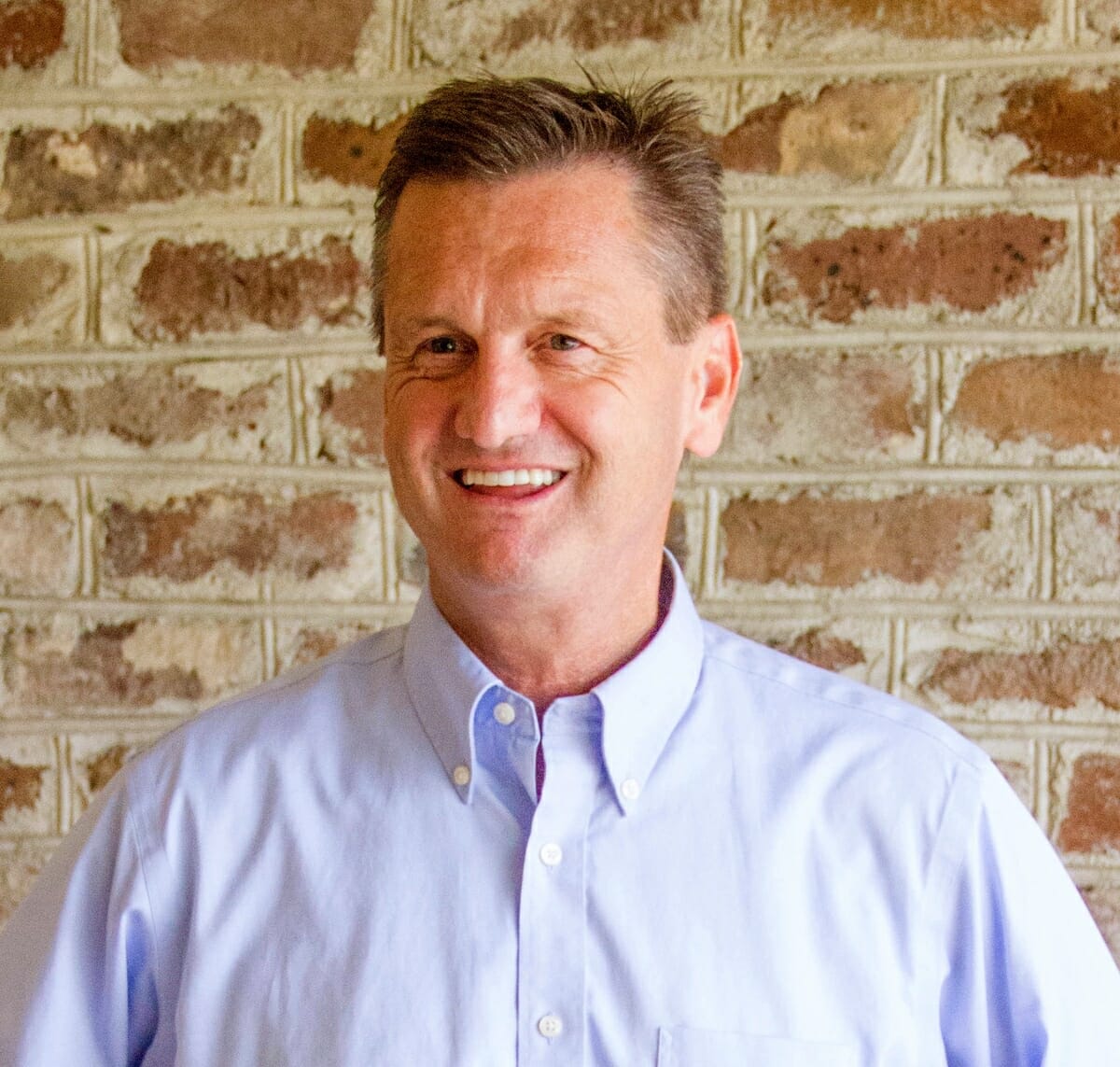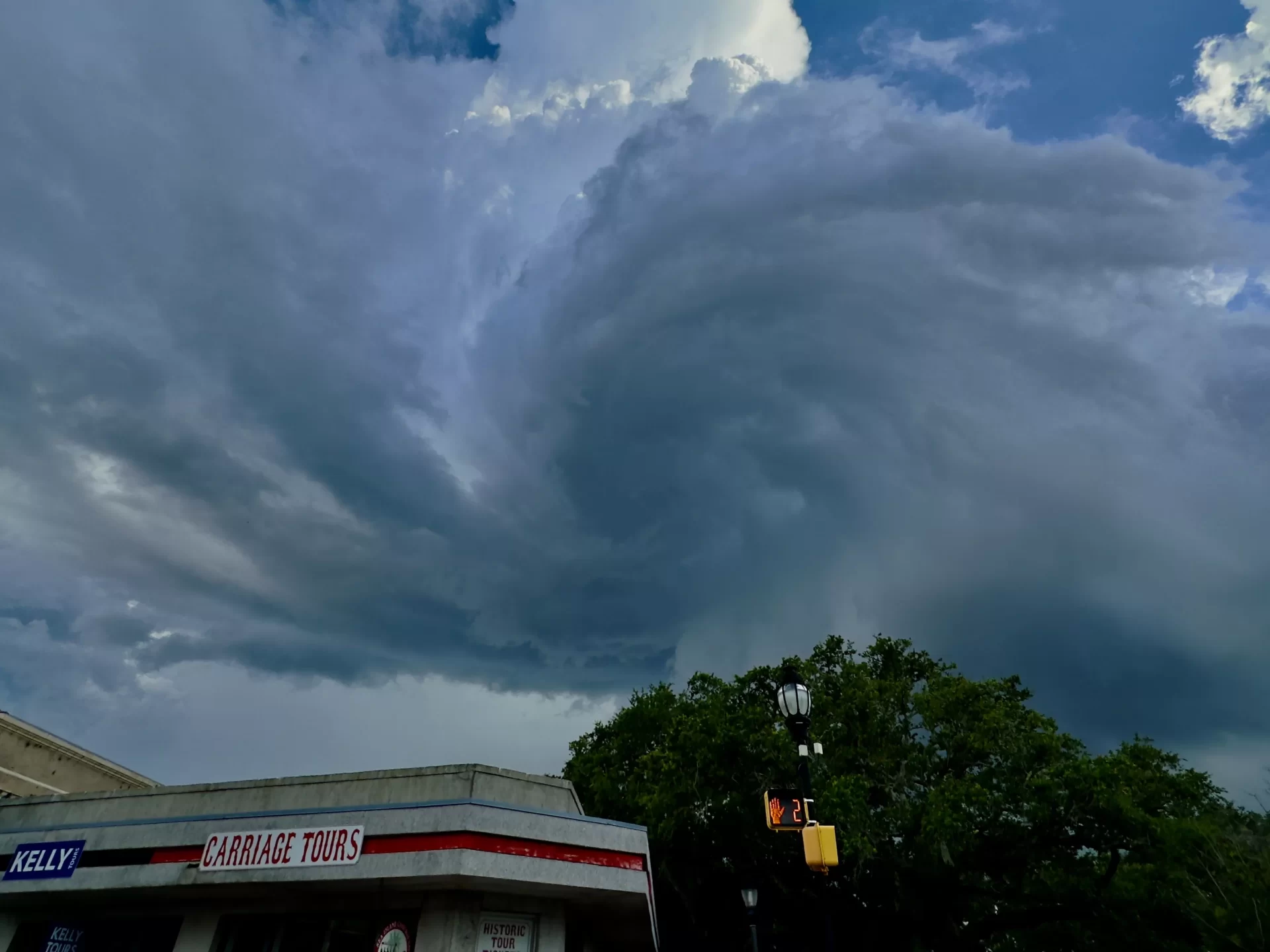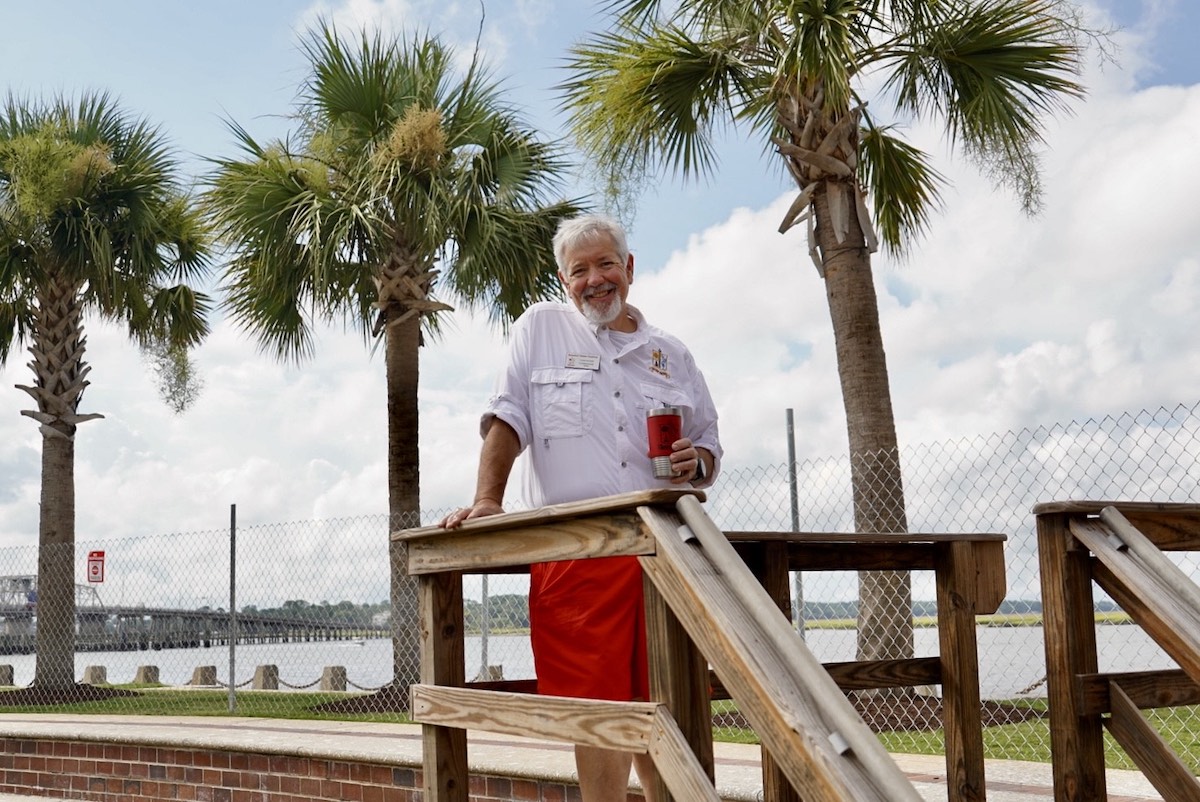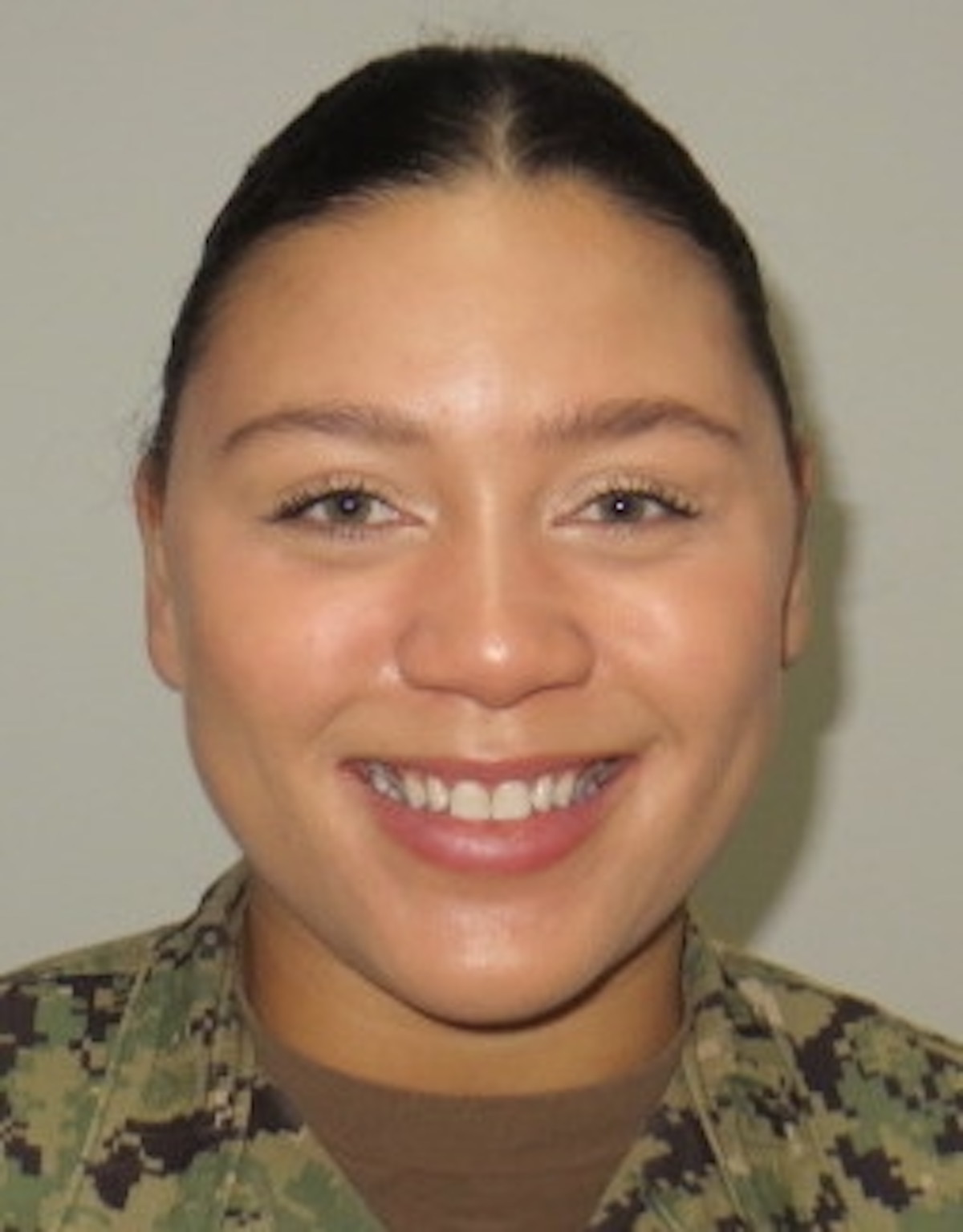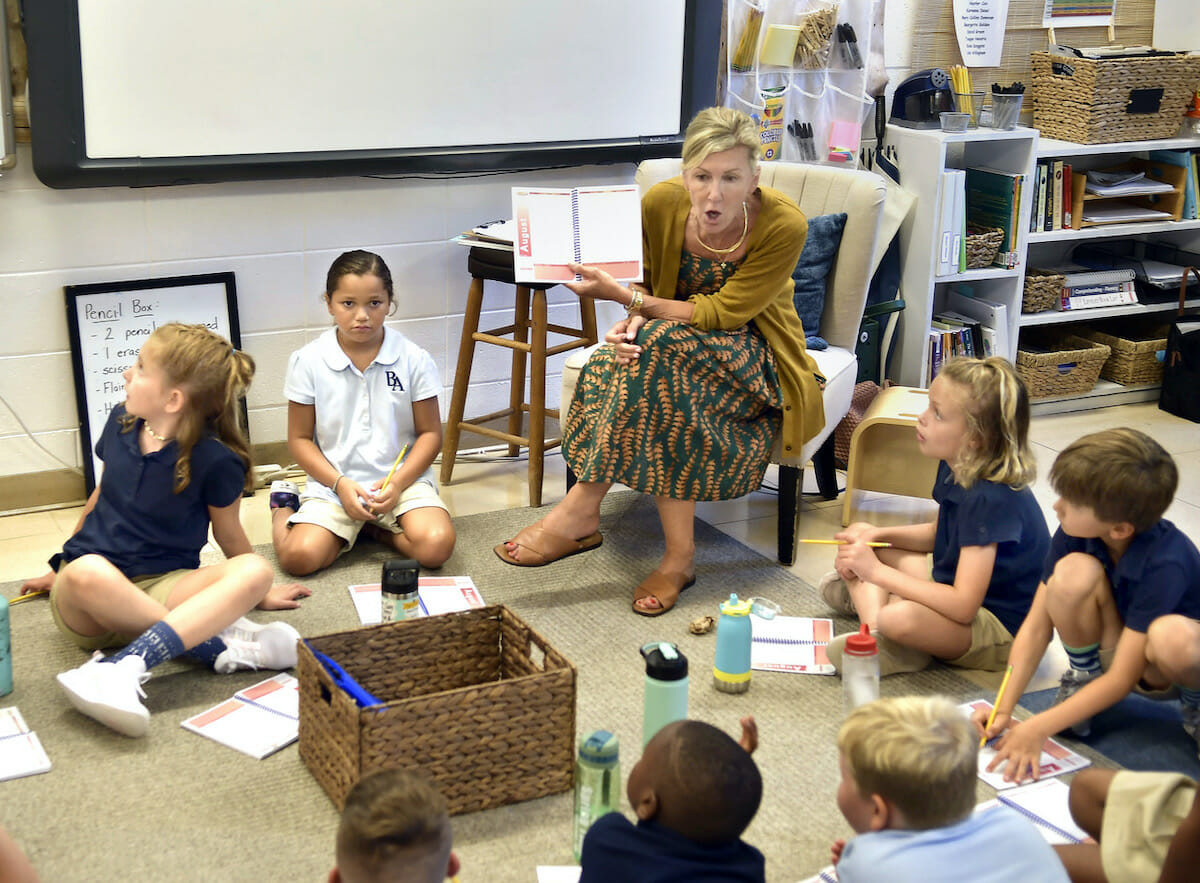By Tony Kukulich
A new tax expected to raise $100 million to preserve open space will be decided by voters after the Beaufort County Council approved a referendum to place the measure on the November ballot.
If approved by voters in the fall, the Green Space Sale Tax will institute a 1% sales tax that will remain in effect for two years or until the $100 million cap is reached, whichever comes first.
The vote came during Monday night’s County Council meeting. The referendum was scaled back significantly from its original form. A motion put forth by District 2 Councilmember Paul Sommerville reduced the term of the referendum from four years to two years and reduced the cap from $300 million to $100 million.
“(The referendum) is intended to meet growth pressures at their root where significant development is being approved,” said Jessie White, South Coast Office Director for the Coastal Conservation League. “The green space bill is essentially a way to balance what’s right now an uneven scale between our built and natural environment.”
In addition to the outright purchase of land, the referendum allows the funds raised to be used to purchase development rights, conservation easements and rights of first refusal among other options. The preservation of land is also not limited to Beaufort County. Funds raised through the tax could conceivably be purchased in other counties.
“This is an opportunity for us to actually buy down those rooftops,” said District 7 Councilmember Logan Cunningham. “Everyone is continuing to talk about purchasing land itself. But we can also buy building rights. For example, if land is zoned for 500 homes, there are ways to negotiate to bring that down to 300 homes without us actually owning county property but we’re bringing down the rooftops in Beaufort County. We can build more roads. We can build more schools. But we’re always going to be chasing the tail over and over and over until we can bring down the number of rooftops in Beaufort County.”
The referendum passed by a wide 9-1 margin on its third reading before the council. District 4 Councilmember Alice Howard was the lone holdout who opposed its approval. While Howard referenced her long-time support of land preservation initiatives, she took issue with several provisions of the referendum.
“I’ve seen various methods on how to (preserve land),” Howard said. “I don’t regard this as a good method, necessarily, to buy development rights from things that have already been approved by the municipalities. For 20 years, the Beaufort County Rural and Critical Lands program has existed since 2002 and they’ve only spent $141 million. Now we’re proposing to spend $100 million in two years.”
Howard acknowledged that the money raised does not need to be spent in the two-year window that the tax exists. She noted concerns about future County Councils purchasing land outside the county and potentially exercising condemnation rights to acquire land.
“I don’t think this is the right referendum at the right time for Beaufort County residents,” Howard added.
State Senator Tom Davis countered that the Green Space Sales Tax was written in a manner that allows it to work in concert with the Rural and Critical Lands program.
“You can integrate them into the selection process,” Davis said. “You can integrate them as you go about evaluating land. In fact, This law was drafted with that in mind. I was familiar with the Rural and Critical Lands program and how successful it’s been down here. When I drafted this legislation, it was to give the county enough latitude so that it could adopt what processes it thought was best. I had in my mind, quite frankly, the Rural and Critical Lands program.”
Details regarding how the $100 million raised by the referendum will be spent need to be determined before the November election. Several points are clear. Any expenditure will need to be approved by the County Council. A seven-member advisory board will be established, but its role will be limited to ensuring that the council is using the funds in a manner that is consistent with the terms of the legislation.
According to Davis, the county is obligated to publish a fully developed process for managing the funds raised via the tax prior to the November election.
“Your action here tonight is the first step in a process, and then you’re going to have to go ahead and articulate what that process is going to be,” Davis said. “And that will be provided to the public before the vote.”
Ann Ubelis, Chair of the Beaufort County Tea Party, was one of several who spoke in opposition to the referendum arguing that raising taxes during a recession is ill advised, and that sufficient tools in the form of zoning and environmental legislation exist to slow growth.
“Use those tools,” Ubelis said. “We voted you in to curb growth. A lot of you ran on a promise of curbing growth, and I don’t see that happening. I see more growth now than when I moved here 20 years ago.”
Contrary to Ubelis’ position, White presented the results of a survey that found widespread support for the referendum in the county. The poll, completed by the Coastal Conservation League, the Trust for Public Land and the Conservation Voters of South Carolina, queried 300 potential voters in Beaufort County. Results indicated that 64% of voters were in favor of the 1% sales tax with a two-year term. The survey also found that 65% of respondents felt the county was growing too fast.
“Beaufort has long been a leader of conservation in this state,” White said. “Overwhelmingly, Beaufort County voters support land preservation.”
Tony Kukulich is a recent transplant to the Lowcountry. A native of Wilmington, Del., he comes to The Island News from the San Francisco Bay Area where he spent seven years as a reporter and photographer for several publications. He can be reached at tony.theislandnews@gmail.com.


